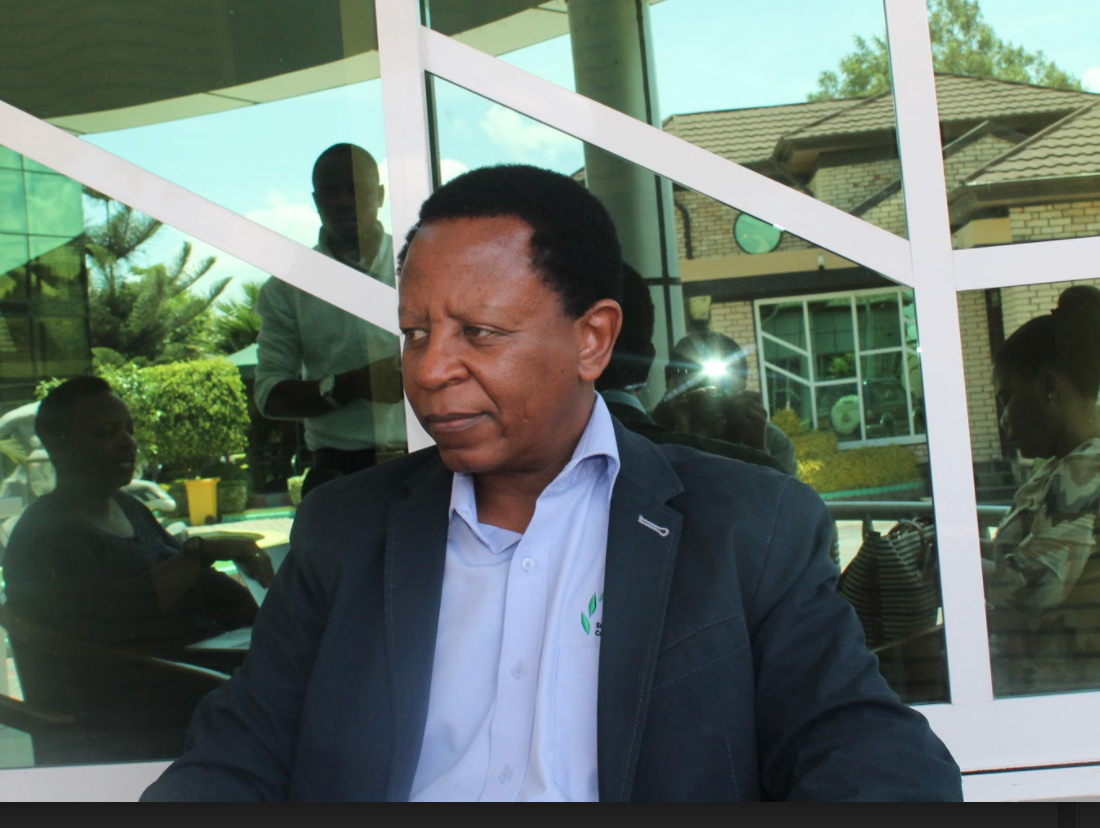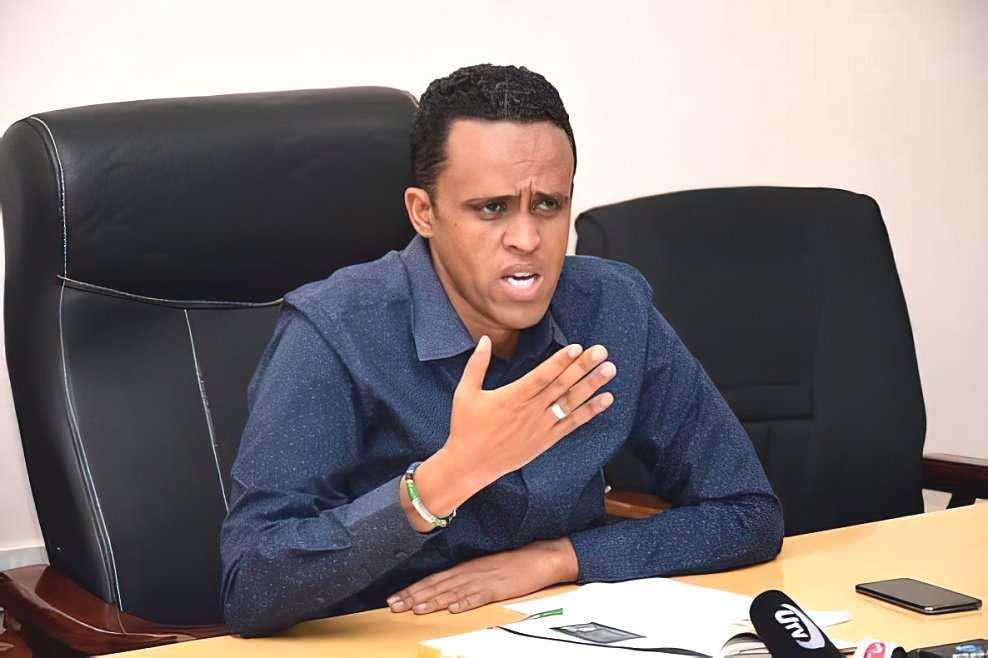Tanzania Pioneers Seed Conservation in Africa with Launch of Advanced Gene Bank
By Safari Juma
Arusha, Tanzania, has become the focal point for agricultural innovation and biodiversity preservation in Africa, following the landmark inauguration of the continent’s most advanced seed conservation facility, the Africa Vegetable Gene Bank, on March 19, 2024. This groundbreaking development signifies Tanzania’s ascendancy as the cornerstone of Africa’s agricultural resilience and environmental sustainability.
The Visionary Leap: Establishing the Africa Vegetable Gene Bank
The inception of this state-of-the-art gene bank is the culmination of years of planning, international collaboration, and a shared vision to protect the genetic diversity of Africa’s indigenous vegetables and fruits. Financed by the generous support of the Republic of China (Taiwan) via the Taiwan-Africa Vegetable Initiative (TAVI) project, the gene bank represents a critical milestone in the global endeavor to safeguard genetic resources for future generations.
Gerald Mweli, the Permanent Secretary of the Ministry of Agriculture in Tanzania, spearheaded the inauguration ceremony alongside luminaries from the world of agricultural research, such as Dr. Marko Ophres, Director-General of the World Digital Centre, and Gabriel Rugalema, the World Vegetable Centre’s regional director for Africa. Their united vision underscores the urgency and importance of seed preservation in the face of climatic and ecological challenges.
A Modern Ark: Technical Brilliance and Sustainability at Its Core
The gene bank is engineered to be more than a repository; it’s a fortress safeguarding over 7,000 seed varieties with the capacity and ambition to expand its collection to 25,000 varieties. This ambitious project does not only aim to conserve but to revolutionize how seeds are preserved, studied, and utilized in agriculture.
Gerald Mweli, during the ceremony, emphasized, “Preserving the integrity and diversity of seeds is paramount for food security and agricultural sustainability. The facility we inaugurate today is equipped to safeguard seeds’ quality for more than a century, ensuring their reproductive and nutritional value remains intact.”
Beyond Preservation: A Catalyst for Transformation
The gene bank is poised to become a cornerstone for economic development, scientific research, and educational advancement in Tanzania and across the continent. By providing access to a broad spectrum of seeds, the initiative is expected to boost agricultural productivity, improve nutrition, and support economic growth.
Moreover, the gene bank is set to attract a global community of scientists, researchers, and educators, positioning Tanzania as a leader in agricultural innovation and sustainability. It symbolizes a bridge between tradition and modernity, ensuring the preservation of indigenous knowledge while embracing the future of agriculture.
Voices of Vision: Leaders and Pioneers Speak
Gabriel Rugalema shared his vision and excitement: “This gene bank is a dream realized for Africa. It’s a fortress of biodiversity, an emblem of our heritage, and a testament to our resolve to preserve our natural wealth for generations to come. Our goal transcends conservation; it’s about inspiring innovation, education, and collaboration across the globe.”
Dr. Marko Ophres added, “The collaboration between the Republic of China (Taiwan), Tanzania, and the World Vegetable Centre exemplifies the power of international cooperation in tackling the pressing challenges of our time. The Africa Vegetable Gene Bank is a beacon of hope and a model for future global initiatives.”
Looking Ahead: The Journey Continues
With the gene bank now operational, Tanzania’s journey towards becoming a global leader in seed conservation and agricultural sustainability is just beginning. The facility’s expansion plans underscore a commitment to broadening its impact, with the third phase set to enhance its capabilities further.
As the world grapples with the challenges of climate change, food security, and biodiversity loss, the Africa Vegetable Gene Bank stands as a pivotal force for change, embodying the spirit of innovation, resilience, and hope. It marks a significant step forward in the global quest to preserve our planet’s precious genetic resources for the prosperity of future generations.
In the words of Gerald Mweli, “This is not just Tanzania’s achievement; it’s a milestone for Africa and the world. The seeds we preserve today are the cornerstone of tomorrow’s food security, biodiversity, and economic development. We are sowing the seeds of hope, for a future where agriculture and nature thrive in harmony.”
Among the attendees was Ms. Tulalumba Mloge, an Agriculture Economist and the Principal Executive Assistant to the CEO of the Southern Agricultural Growth Corridor of Tanzania (SAGCOT Centre). SAGCOT endeavors to enhance agricultural productivity and profitability sustainably.


